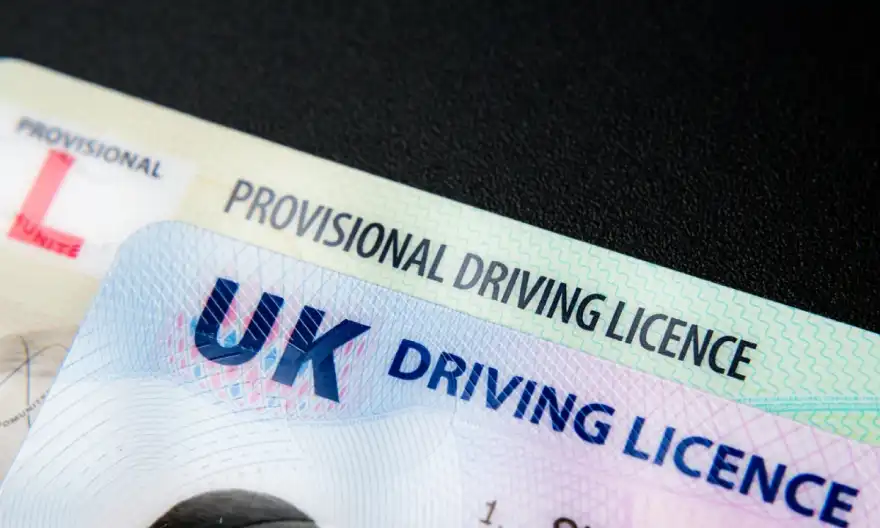
The DVLA is tightening rules on drivers who fail to report health conditions that affect their ability to drive. While a cold won’t land you in trouble, conditions such as diabetes, heart disease and sleep apnoea must be declared.
Failure to notify the DVLA can result in a £1,000 fine, licence suspension or even prosecution if you are involved in an accident. Research shows that as many as 1.5 million people with sleep apnoea could be at risk of losing their licence by not declaring the condition.
Why sleep apnoea is a risk
Sleep apnoea is common but serious, affecting nearly one billion people worldwide. The most widespread form, obstructive sleep apnoea (OSA), causes the throat to narrow or close during sleep and disrupts normal breathing.
Symptoms include loud snoring, frequent waking, tiredness during the day, headaches and mood swings. Drivers with untreated OSA are not permitted to drive until their symptoms are managed, as excessive tiredness is linked to serious road accidents.
OSA is thought to contribute to around 20% of motorway crashes, and people with the condition are up to 12 times more likely to be involved in an accident. It also raises the risk of high blood pressure, heart attack and stroke, all of which must be reported to the DVLA.
Other conditions drivers must declare
Diabetes is another condition that can affect driving. Anyone using insulin for longer than three months must inform the DVLA. Those at risk of severe hypoglycaemia (dangerously low blood sugar) must also report it.
Low blood sugar can cause sweating, shaking, anxiety and confusion, which may even be mistaken for drunkenness. Drivers managing insulin-treated diabetes are advised to carry a glucose meter in their car and check their levels every two hours. If blood sugar drops below 4.0 mmol/L, they should not drive.
Heart problems and other cardiovascular conditions must also be disclosed, as they can impair driving ability.
Driving while unwell
Even common illnesses can affect driving safety. Studies suggest that having a cold or flu can slow reaction times by around 10%, which is similar to the effect of alcohol. One analysis linked more than 125,000 UK accidents to drivers with flu or heavy colds.
Although it isn’t illegal to drive when ill, if illness contributes to an accident you could still face fines, penalty points or prosecution for dangerous driving.




